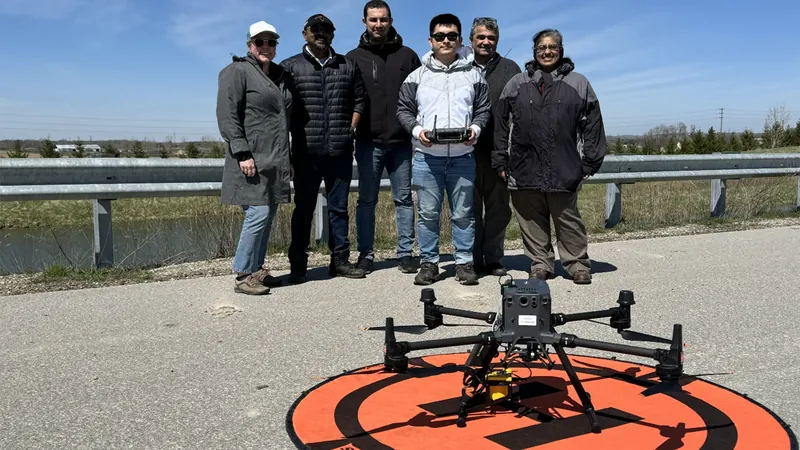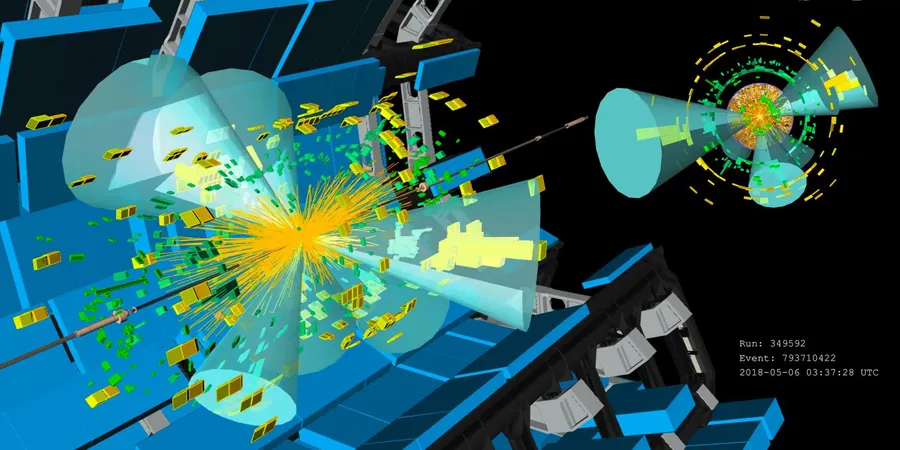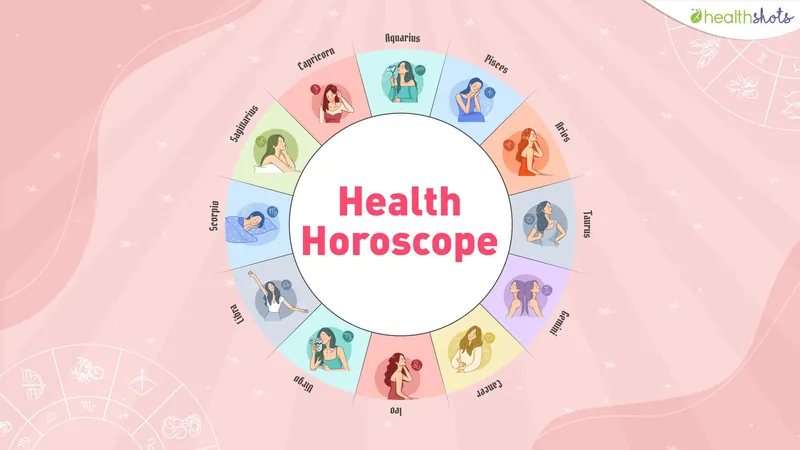
Unlocking the Universe: How Western Space is Leading the Charge Against Global Challenges Through Interdisciplinary Science
2024-11-18
Author: Wei
The world is facing unprecedented challenges—climate change, health crises, and food security, to name a few. But there’s a beacon of hope in the field of space science. Dr. Sarah Gallagher, Director of Western Space, is spearheading an innovative approach to these pressing issues through her team's interdisciplinary methods at Ontario's Western University.
An Institute with a Mission
Western Space, formerly known as the Centre for Planetary and Space Exploration, is dedicated to cutting-edge research in planetary science, space technologies, Earth observations, and even remote health. The institute's focus reflects a profound understanding of how space exploration can be utilized to benefit humanity on Earth.
Dr. Gallagher shared the goals that drive their mission: “Our strategic priorities include advancing planetary science and astronomy, innovating in space technologies like CubeSats, applying Earth observations for societal benefits, and promoting health initiatives in remote areas.”
Turning The Heat Up on Methane Monitoring
One noteworthy initiative is the institute's multi-scale methane monitoring project in collaboration with the City of London's landfill. Methane, a greenhouse gas whose impact on warming is 28 times greater than carbon dioxide, is monitored using ground sensors, drones, and satellites. This sophisticated network gives valuable insights into methane emissions and helps ensure that the city’s methane capture system works efficiently.
But that’s just the tip of the iceberg! This method could potentially be adopted globally, offering a long-term strategy for tackling methane emissions in major urban environments.
Breaking Ground with Wildlife Tracking
The Western Skylark project illustrates another innovative use of space technology. In partnership with the Centre for Animals on the Move, this initiative uses CubeSat technology to enhance wildlife tracking. Traditional methods of data collection are often labor-intensive, especially in remote areas, but Western Skylark permits real-time data transmission via satellites, revolutionizing how researchers study patterns of animal migration.
Imagine retrieving vital data from hard-to-reach locations without the exhaustive manual effort often required—this project is pioneering that change!
Revolutionizing Remote Health with Space Technology
The intersection of space technology and healthcare has also opened doors to revolutionizing medical care for underserved communities. Dr. Gallagher points out that solutions developed for astronauts—such as AI systems for cough analysis—can also be applied in rural and Indigenous populations. This is especially significant in Canada, where access to healthcare can be limited due to geographical distances.
Additionally, the development of soft robots for upper-limb rehabilitation is making waves in medical technology. These soft, customizable garments can be integrated into spacesuits, showcasing the unique crossover between space exploration and health care.
Addressing Space Traffic Congestion
As the number of satellites in low-Earth orbit grows, so does the risk of collisions and space debris. Western Space is taking a proactive approach to this issue. Through the Global Meteor Network—a citizen science project—they not only track meteors but also collect vital data on satellite trajectories, which can be essential for commercial operators and space agencies like NASA and ESA.
The Power of Collaboration
Dr. Gallagher emphasizes the importance of collaboration at Western Space. “Interdisciplinary work is vital. The complexities of our projects require diverse expertise.” By bridging departments and forging partnerships, the institute can effectively tackle difficult challenges that no single discipline could solve alone.
What Lies Ahead?
Looking to the future, Western Space aims to expand its CubeSat program and enhance its capabilities for real-time satellite communications. As they lay the groundwork for a robust Mission Control, the possibilities for Mars exploration, advanced telescoping operations, and remote health support are boundless.
In this time of pressing global issues, Western Space stands as a testament to the transformative power of science. The work being done is not only about exploring the last frontier—it's about harnessing that knowledge to create a better world for us all. The final frontier has never seemed so promising!





 Brasil (PT)
Brasil (PT)
 Canada (EN)
Canada (EN)
 Chile (ES)
Chile (ES)
 España (ES)
España (ES)
 France (FR)
France (FR)
 Hong Kong (EN)
Hong Kong (EN)
 Italia (IT)
Italia (IT)
 日本 (JA)
日本 (JA)
 Magyarország (HU)
Magyarország (HU)
 Norge (NO)
Norge (NO)
 Polska (PL)
Polska (PL)
 Schweiz (DE)
Schweiz (DE)
 Singapore (EN)
Singapore (EN)
 Sverige (SV)
Sverige (SV)
 Suomi (FI)
Suomi (FI)
 Türkiye (TR)
Türkiye (TR)